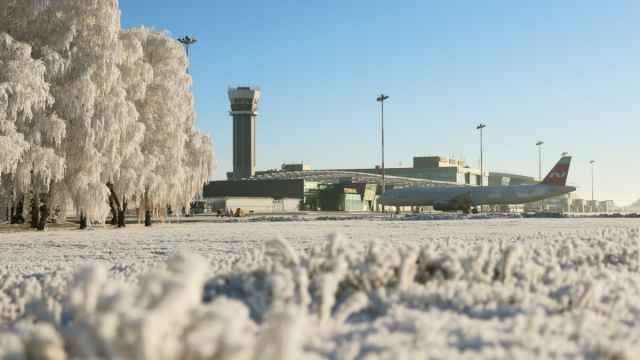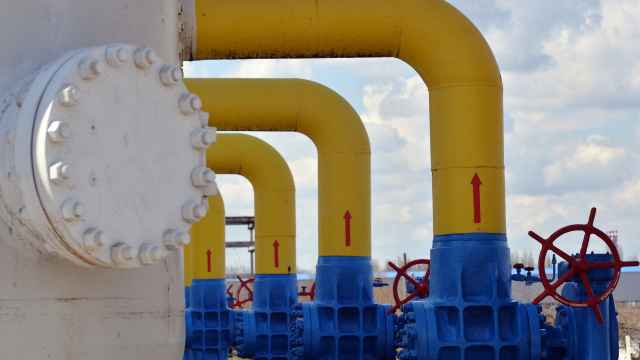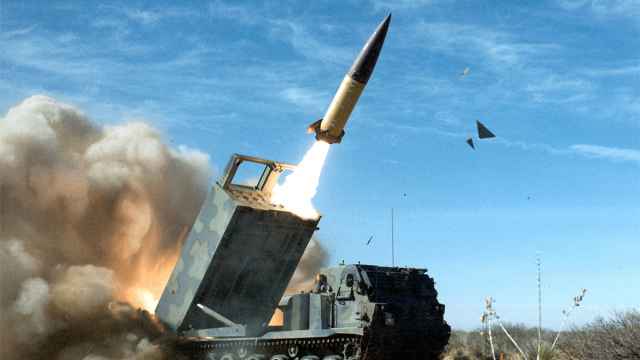Rosneft profit increased 79 percent in the fourth quarter on rising crude prices, while oil production growth slowed.
Total net income attributable to Rosneft advanced to $3.06 billion from $1.67 billion a year earlier, according to financial results posted on the company’s web site Friday.
The average price for the Urals export oil blend increased 15 percent to $85.24 a barrel in the fourth quarter, the company said. Revenue advanced 19 percent to $17.4 billion.
“The rate of production growth slowed in the fourth quarter,” said Pavel Sorokin, an oil and gas analyst at Alfa Bank. “That may potentially continue until Rosneft receives further incentive to boost its output.”
Capital expenditure is expected rise about 23 percent to $11 billion this year as Rosneft aims to boost output and refining.
Rosneft shares have gained 18 percent this year, after falling 13 percent last year as the government rolled back tax breaks.
Crude output at Russia’s largest oil company rose to 2.35 million barrels per day in the fourth quarter, the company said. That is a 0.9 percent gain from the previous quarter, compared with 3.4 percent growth from the fourth quarter of 2009.
Output growth at Vankor, Russia’s largest new oil development, fell 1 percent from the third quarter to average 261,000 bpd. Production, which started in 2009, will probably peak in 2014, chief executive Eduard Khudainatov said in a statement.
At peak, Vankor will pump 510,000 bpd. Rosneft plans to spend $2.6 billion on Vankor this year to boost output to an average 300,000 bpd, according to the company's web site.
The government in July imposed a discounted export tax on Vankor oil, which had enjoyed an exemption. Rosneft plans to make a decision on developing the Yurubcheno deposit in eastern Siberia this year after seeking clarity on taxation.
Finance Minister Alexei Kudrin said Wednesday that Rosneft will probably lose its Vankor discount and have to pay full export taxes starting in May. Rosneft, which is chaired by Deputy Prime Minister Igor Sechin, wants to extend the tax breaks, Khudainatov said in December.
“We caught a better glimpse of the power struggle between various Kremlin ministries last year,” said Artyom Konchin, an oil and gas analyst at UniCredit. “We saw that it is far from a given that the energy lobby will always prevail in arguments with other agencies.”
BP and Rosneft agreed on Jan. 14 to explore the Kara Sea in Russia’s Arctic waters. BP also agreed to exchange about $7.8 billion of its own stock for 9.5 percent of Rosneft.
Rosneft added an agreement with ExxonMobil on Jan. 27 to explore the Tuapse Trough in the deepwater Black Sea. The state-run oil producer agreed last summer to explore a separate block in the deepwater Black Sea with Chevron.
A Message from The Moscow Times:
Dear readers,
We are facing unprecedented challenges. Russia's Prosecutor General's Office has designated The Moscow Times as an "undesirable" organization, criminalizing our work and putting our staff at risk of prosecution. This follows our earlier unjust labeling as a "foreign agent."
These actions are direct attempts to silence independent journalism in Russia. The authorities claim our work "discredits the decisions of the Russian leadership." We see things differently: we strive to provide accurate, unbiased reporting on Russia.
We, the journalists of The Moscow Times, refuse to be silenced. But to continue our work, we need your help.
Your support, no matter how small, makes a world of difference. If you can, please support us monthly starting from just $2. It's quick to set up, and every contribution makes a significant impact.
By supporting The Moscow Times, you're defending open, independent journalism in the face of repression. Thank you for standing with us.
Remind me later.





